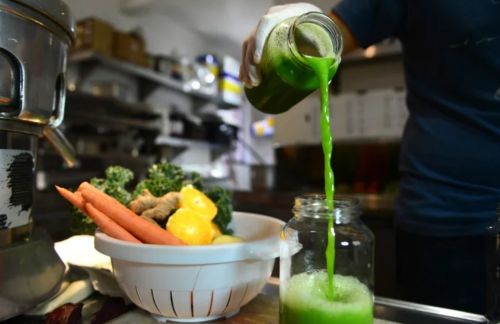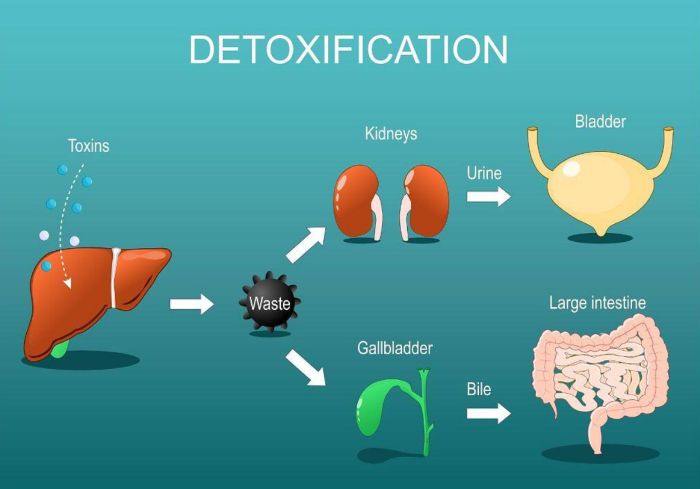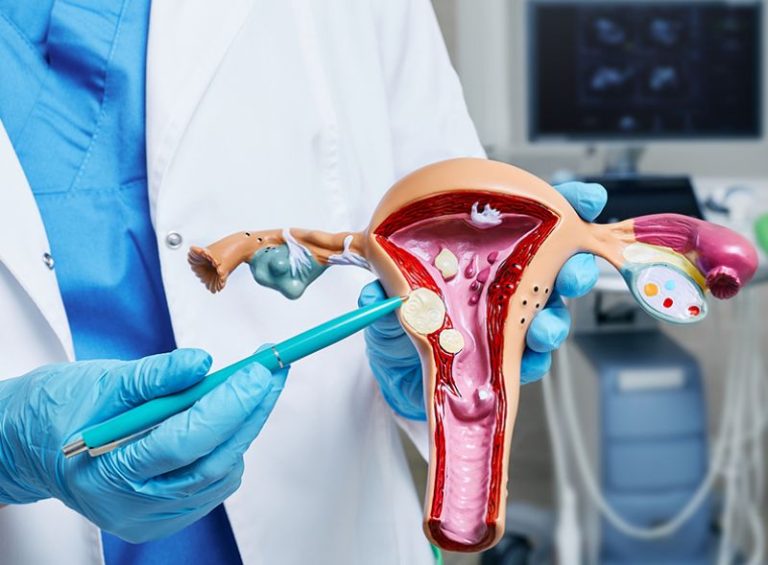

The detox industry may continue to sell the fantasy of the quick fix, but the truth is more mundane and more empowering. The body you have is already your best detox machine.

By Matthew A. McIntosh
Public Historian
Brewminate
Introduction
In the glossy pages of wellness magazines and the perfectly filtered squares of social media, detox diets are sold as an almost mystical reset button. Drink this juice for three days, they promise, and your body will be cleansed of the invisible sludge of modern living. Follow this tea regimen and you will flush away the toxins that weigh down both body and spirit.
It is a seductive narrative. It is also deeply flawed. The human body already has a highly sophisticated, relentlessly efficient system for detoxification, one that functions whether you are drinking green juice or eating a sandwich. What is more, the kind of extreme regimens marketed as “detoxes” can, in some cases, do more harm than good.
The Industry of Cleanse Culture
The detox industry thrives on a simple premise: you are toxic, and they can save you. According to market analysis by Grand View Research, the global detox products market (which includes supplements, teas, juices, and kits) was valued in the billions in recent years and continues to grow. Its success rests on a potent mix of fear and aspiration, tapping into cultural anxieties about pollution, processed food, and a perceived decline in health.
There is an unspoken implication in most detox marketing that the body is passive, even helpless, without intervention. Toxins are portrayed as stubborn invaders that must be flushed out by extraordinary measures. This framing ignores a basic fact of human physiology: your liver, kidneys, lungs, skin, and digestive system are already in the business of removing unwanted substances every minute of your life.
How the Body Actually Detoxifies

Every second, blood flows through the liver, where enzymes break down harmful substances into forms the body can eliminate. The kidneys filter waste into urine, while the lungs exhale carbon dioxide and other volatile compounds. The skin secretes small amounts of waste through sweat, and the intestines manage both digestion and the excretion of indigestible material.
These systems are not perfect shields, some harmful compounds can accumulate, especially in cases of prolonged exposure or certain medical conditions. Yet for most healthy individuals, the body’s detox machinery is self-regulating and requires no special diets or teas to function. In fact, sudden changes brought on by extreme detox programs can disrupt these processes, rather than enhance them.
The Risks Behind the Trend
Detox diets often involve severe calorie restriction, the elimination of entire food groups, or the use of unregulated supplements. Such approaches can lead to nutrient deficiencies, electrolyte imbalances, and dehydration. For those with preexisting health conditions, the risks can be amplified.
Some “detox teas” contain laxatives that cause rapid water loss, leading to the illusion of weight loss while stressing the digestive system. Juice cleanses, though often marketed as vitamin-rich, may spike blood sugar levels and deprive the body of necessary fiber and protein. These effects are not always immediately dangerous, but repeated cycles can take a toll on metabolic health and mental well-being.
Why the Myth Persists
Part of the allure of detoxing is psychological. The idea of wiping the slate clean resonates in a culture that values transformation and control. Detox programs offer a tangible ritual for people who feel disconnected from their health, and the immediate effects (reduced bloating, a temporary drop in weight) can be gratifying.
There is also a social element. Detoxing has become a kind of performative health gesture, signaling discipline and self-care in a public way. In this sense, detox diets function as much as cultural symbols as they do dietary practices.
A Better Path to Real Health
For those seeking genuine long-term health improvements, science points in a different direction. Balanced nutrition, consistent physical activity, adequate sleep, and stress management all support the body’s natural detoxification processes. These are less marketable than a three-day cleanse but far more effective in sustaining health over a lifetime.
Public health experts stress that the goal should not be to purge the body in periodic bursts, but to reduce toxin exposure in daily life: avoiding smoking, limiting alcohol, choosing whole foods over heavily processed ones, and maintaining hydration. Such changes work with the body’s built-in systems, rather than trying to override them with short-term, high-impact regimens.
The detox industry may continue to sell the fantasy of the quick fix, but the truth is more mundane and more empowering. The body you have is already your best detox machine, tirelessly at work every day, asking for nothing more than the basic care it was built to use.
Originally published by Brewminate, 08.14.2025, under the terms of a Creative Commons Attribution-NonCommercial-NoDerivatives 4.0 International license.


